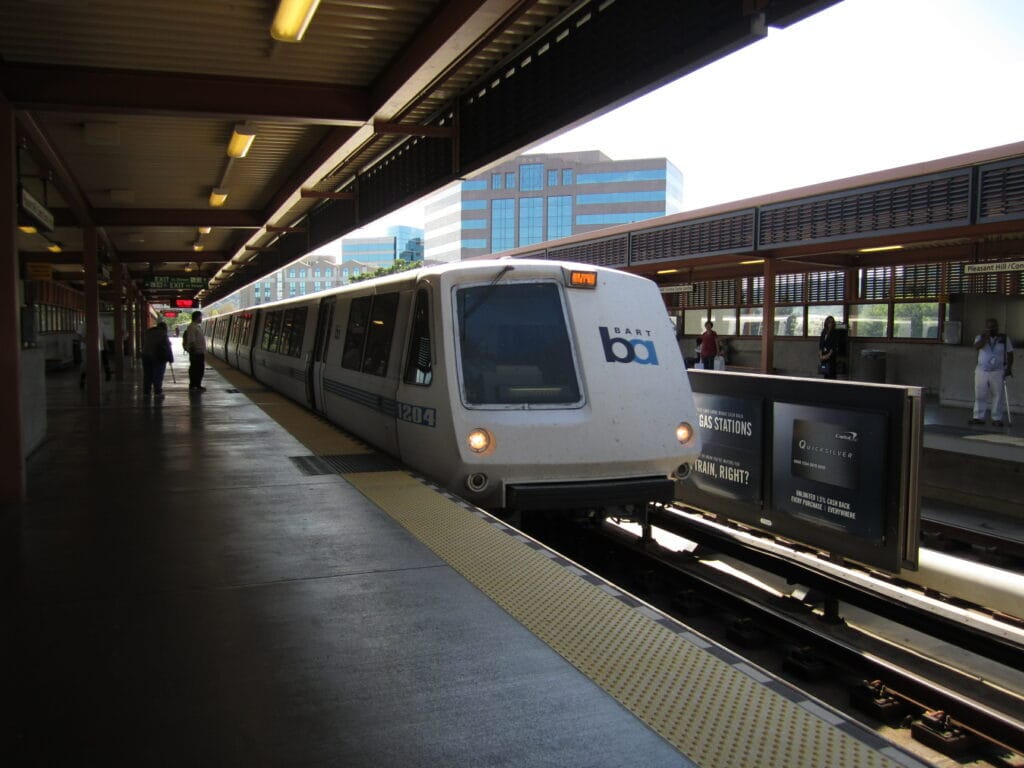
Bay Area transit agencies, especially BART, are facing a huge financial crisis, and the clock is ticking. On Monday, a group of elected officials, urban planners, and business leaders met at the San Francisco headquarters of the Metropolitan Transportation Commission (MTC). Their goal? To come up with a revenue ballot measure for 2026 that could save the region’s bus and rail systems from financial disaster caused by the pandemic and the rise of remote work. After six hours of tense discussions, though, no solid plan emerged.
The committee agreed on a few key points: they need to explore options like sales, payroll, and parcel taxes (or even a mix of them) to fund transit operations. Now, the MTC will evaluate these ideas further before anything goes to a vote, first at the state Legislature and then potentially to Bay Area voters in 2026. Time is short, and there’s a lot of disagreement about what’s the best path forward.
One big concern is how Bay Area voters will react. Many are already feeling overtaxed, and there’s competition from other possible tax proposals, like for housing. But no one denies how crucial transit is, especially for BART, which covers four counties and relies heavily on fare revenue. With remote work becoming the norm, BART faces a $300 million to $400 million annual deficit by 2026. If it doesn’t get extra funding, the future looks bleak, which in tangible terms means less frequent trains, shorter hours, and possible station closures.
The problem? People aren’t exactly enthusiastic about paying more taxes, according to surveys. Even BART’s own polling shows lukewarm support for new sales or parcel taxes. Critics at the meeting—like union members—weren’t happy with any of the proposed options, and the draft plan still lacks important details, such as which counties would be included and what kind of tax would be levied.
There’s also the challenge of getting state legislation to support any plan, which has already faced political pushback. Committee chair Jim Spering expressed his frustration, warning that without a solution, the Bay Area could face serious consequences like more traffic, worse air quality, and an economic hit if public transit becomes less accessible.
The clock is ticking, and the stakes are high.
SUBSCRIBE TO MY SUBSTACK HERE
FOLLOW MY WRITING ON INSTAGRAM HERE
FOLLOW BAY AREA MEMES ON FACEBOOK HERE
FOLLOW BAY AREA MEMES ON INSTAGRAM HERE
PURCHASE MY BOOK HERE
The post BART Is Running Out Of Money… Can A New Tax Save It? appeared first on Broke-Ass Stuart's Website.







